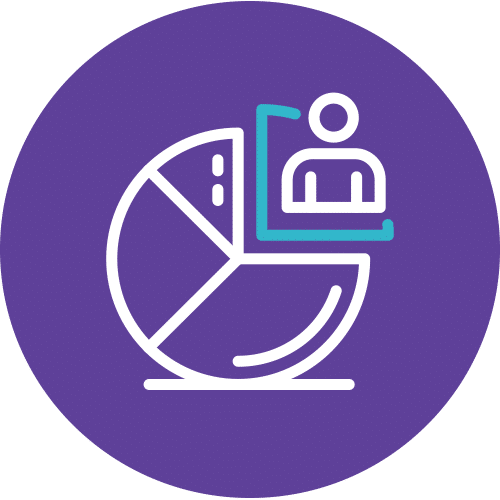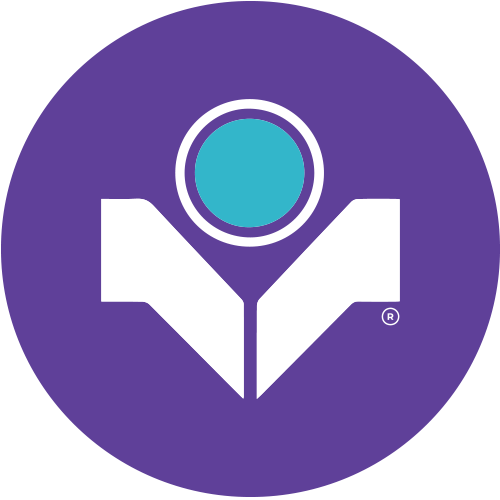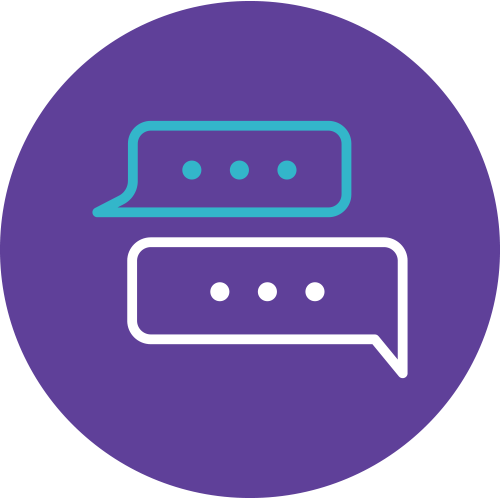Overview: Practical Usability Testing
Refine your digital products and ensure user satisfaction with the Practical Usability Testing course. This hands-on program equips you to identify and address usability issues before they impact your users. You’ll delve into the art of planning and conducting effective user tests, learning to recruit participants and gather valuable feedback through Practical Usability Testing methods. The course empowers you to analyze user behavior, observing interactions and deciphering their actions and reactions, all through the lens of Practical Usability Testing techniques.
Armed with these skills, you’ll be able to pinpoint areas where your product might be confusing or frustrating, allowing for targeted improvements. Ultimately, you’ll leverage user insights gained from Practical Usability Testing to iterate and refine your product, creating a digital experience that’s smooth, positive, and sets you apart from the competition. Enroll in the Practical Usability Testing course to elevate your product design and ensure a user-friendly experience that stands out in the market.
Elevating Your Career
Picture this: you’re the web wizard who knows how to ensure that users can access and navigate a website or software effortlessly. This course equips you with a robust set of skills, from designing and analyzing tests to remote testing and using server logs for usability. It’s a comprehensive journey that not only broadens your horizons but also adds a valuable feather to your professional cap.
Your Path to Mastery
In this course, you’ll dive into the intricacies of usability testing, learn how to identify and solve usability issues, conduct various tests, and even analyze the results. It’s not just about creating a better user experience; it’s about transforming your career. So, if you’re ready to embark on this journey, Info Trek’s ‘Practical Usability Testing’ course in Malaysia is your gateway to becoming the usability guru you’ve always aspired to be.
Course Details
Course Code: UX-PUT; Duration: 2 Days; Instructor-led
Rich functionality is worth little if the user can’t access it. Progressive testing of Web sites and software applications is critical for creating user-centered designs.
This course provides quick and practical testing techniques that you can use to help move the design into compliance with the users’ needs, limitations, mental models and cognitive styles. This today comprehensive course gives designers and developers tools and techniques to observe how users experience their interfaces. You will learn essential testing techniques ranging from simple paper prototype tests to cutting-edge remote testing using advanced tool sets, so that you can successfully moderate your usability tests.
What you’ll learn
- How to design, analyze, and present results of tests
- Refine your facilitation technique
- Remote testing
- Comparison tests
- How to use server logs for usability
Audience
Web and application developers, interface designers, information architects, project managers, quality control personnel, market researchers, graphic artists
Prerequisites
What you’ll learn
- How to design, analyze, and present results of tests
- Refine your facilitation technique
- Remote testing
- Comparison tests
- How to use server logs for usability
Methodology
- 150-page student manual
- Quick reference guides for all the major chapters
- Samples of usability questionnaires, screeners, performance rating sheets
- A ten-point usability test checklist
- Hands-on exercises and practical knowledge that you can’t get from reading a book
Course Objectives
Upon completion of this program, participants should be able to :
- Survey the scope of usability issues
- Know the four factors that drive your testing
- Know the appropriate test and when to use it
- Learn tests that uncover problems with content organization, task flow, and brand strategy
- Conduct performance-based tests using paper and functioning prototypes
- Review advanced prototype testing that adds precision to your performance measures
- Design and conduct a remote test
- Learn to analyze Web traffic logs
- Review a 10-point checklist of the critical components of a successful usability test plan
Outlines
- The purpose of usability testing
- Usability testing is an essential form of feedback
- Why testing is critical
- Why even good designers get it wrong the first time
- Benefits of testing early and often
Exercise: Conduct a mini- usability test on a Website
- Types of usability tests
- Summative vs. formative tests
- How to formulate a solid test strategy
- The right number of participants
- Writing tasks for a usability test
- Overview of the testing process
- Planning
- Conducting
- Analyzing
- sharing & implementing results
- Usability labs
Exercise: Develop task wording for a usability test
- What can you gain from an early prototype test
- Purpose and advantages of prototypes
- Reverse card-sort technique
- Performance-based testing
- Testing the brand and affordance
Exercise: Hands-on exercise performing a nearly proto type test
Exercise: Visual affordance test
Exercise: Brand design test
Exercise: Reverse card sort
- What can you gain from an advanced prototype test?
- Setting usability criteria and performance metrics
- Using performance rating instruments
Exercise: Hands-on exercise performing an advanced prototype test
- Capturing session data
- Compiling and tabulating data
- Analyzing findings
- Creating recommendations
- Presenting data
- Techniques to convince
Exercise: Prioritize test findings
- When to do remote testing
- Major obstacles to overcome
- Real benefits
- Available online tools
Exercise: Performing unmoderated and moderated remote tests
- Purpose of comparison studies
- Overview of how to conduct a within-subjects and between-subjects comparison study
- How to analyze results from a comparison study
- How to make the most out of Web logs and server data
- Taking advantage of direct user feedback
- Enhancing your moderating techniques
- Responding to difficult testing situations
- What makes a good moderator
Exercise: Rewriting probing usability testing questions
- Practical points for conducting a usability test
- Allows you to:
- eliminate the risk of testing and not getting answers to your questions
- focus on the question and not the implementation of the test
- maximize your effort and leverage your budget
Exercise: UT scoping
Case problem using the 10-point checklist










